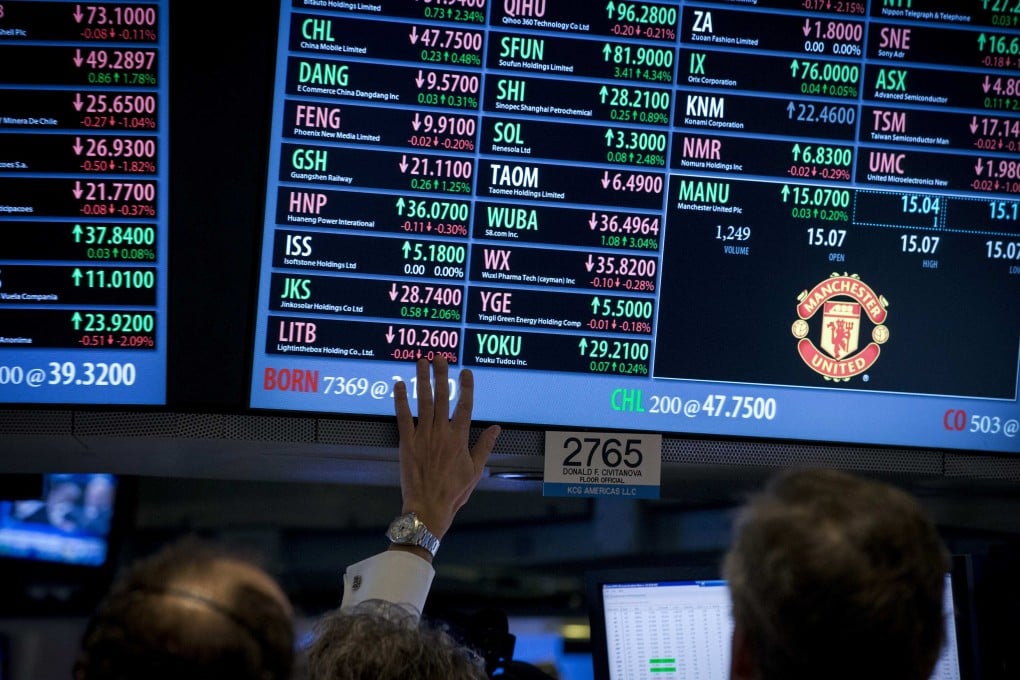Small fund manager from Taiwan beats Wall Street giants

One of the best stock pickers in America last month was a 56-year-old Taiwanese immigrant working out of a small office in suburban New Jersey, 40 kilometres from Wall Street.
David Y.S. Chiueh, the manager of the tiny US$10.5 million Upright Growth Fund, was the only large-cap growth manager among the 1,781 tracked by Morningstar to post a positive return for this year up to February 5.
Though his 1.1 per cent gain was not large in itself, Chiueh’s fund outperformed the average of his category by nearly 5 percentage points and outshone the popular US$108.5 billion Fidelity Contrafund by about 4 percentage points. The broad stock market tumbled 5.2 per cent.
The month-long performance doesn’t appear to be a fluke. Over the last five years, Chiueh has quietly outperformed the benchmark Standard & Poor’s 500 index by an annualised 6.5 percentage points a year, a performance that puts him in the top 3 per cent in his category of large-cap growth funds.
It’s a strong track record for a fund manager who eschews pricey terminals and instead relies on public sources like MSN for financial data, and only made the jump to portfolio manager after working for more than a decade as a financial planner.
Chiueh, who moved to the United States in 1985 and earned a masters in business administration from Rutgers University six years later, manages about US$20 million in all, mostly in accounts held by other Asian-American immigrants.